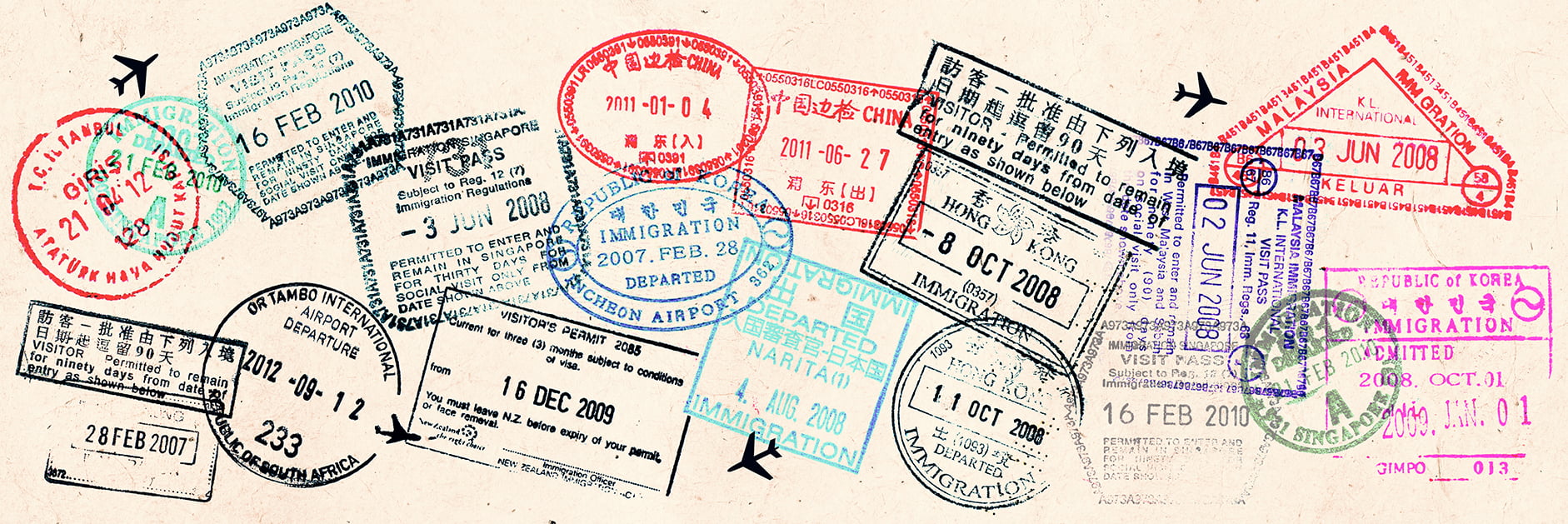Changes to Australia’s immigration program post-COVID-19
As part of Australia’s ongoing post-COVID-19 economic recovery, the Australian government has introduced a series of changes to the country’s immigration program, which came into effect on 1 July 2021. Key amongst the changes are:
- the introduction of new priority skilled occupations;
- concessions for Working Holiday Makers;
- fee increases for visa, citizenship and Tribunal applications; and
- revisions to the Business Innovation and Investments Program (BIIP).
In this article we provide an overview of these changes, and what they might mean for you.
The critical skills that Australia needs
The Priority Migration Skilled Occupation List (PMSOL) was introduced in September 2020 and identified 17 occupations as being critical to support Australia’s economic recovery post-COVID-19. (Two additional occupations were added in November 2020 and May 2021, bringing the list to 19.) While all other skilled occupation lists remain active, applications for PMSOL occupations are given priority processing. The list is temporary, and subject to change based on the ongoing impact of COVID-19 on the Australian labour market and Australia’s skills needs.
From 1 July 2021, there is increased scope for skilled workers to apply for a visa, with a further 22 new occupations added to the PMSOL, including Chefs, Accountants, Auditors, Specialist Medical Staff, IT and Engineers. Consequently, individuals wishing to migrate to Australia, or remain in Australia in the longer-term, may now have new visa pathways available to them.
Good news for Working Holiday Makers
COVID-19 Affected Visas
Positive changes have also come into effect for those Working Holiday Makers (WHMs) whose current or previous subclass 417 or subclass 462 visas are deemed “COVID-19 affected” by the Department of Home Affairs.
Until 31 December 2022, current and former holders of a COVID-19 affected WHM visa will not be charged any fees when making a further WHM visa application online. In addition, certain WHMs who previously held a WHM visa but, due to COVID-19, were either unable to enter Australia, or had to leave the country early, will be able to apply for a replacement visa at no charge. In essence, the previous visa will be considered a “COVID-19 affected visa”, and treated as though it never existed.
There are, however, a range of additional requirements to access these “COVID-19 affected visa” concessions, and WHMs should seek advice before applying.
Fee increases
Visa fees
Most visa application fees have increased 1.75%, in line with inflation. For example, Partner visa fees have risen from $7,715 to $7,850, and the General Skilled Migration visa from $4,045 to $4,115. While these increases are unlikely to deter most people from pursuing a visa application, they do need to be taken into account when budgeting for the process.
Citizenship and Administrative Appeals Tribunal fees
More significant fee increases are seen in the citizenship program and at the Administrative Appeals Tribunal (AAT).
In particular, the Department of Home Affairs now charges $490 for a general application for Citizenship by Conferral; this is a staggering 58% increase on last year’s fees. Other types of citizenship applications have also increased, but by less onerous amounts.
Fees for an application for merits review of a decision to refuse or cancel a visa have also skyrocketed. If you have a visa refused or cancelled, from 1 July 2021 an application to the AAT to review that decision will cost you $3,000. This 60% increase on the previous fee, which is akin to those seen in court filing fees for judicial review appeals in migration matters, might indicate a conscious attempt by the Australian Government to deter review and appeal applications by making those options prohibitively expensive for applicants.
Business Innovation and Investment Program – Complying Investment Framework changes
Since it was established in 2012, Australia’s Business Innovation and Investment Program (BIIP) has brought more than $15 billion of foreign investment into the country. The BIIP enables overseas business owners, investors, and entrepreneurs to relocate to Australia, or expand their business and investment activities here, and is a primary focus of the Government’s strategy to ensuring the country promotes growth in key innovative sectors for its COVID-19 recovery.
Changes introduced on 1 July 2021 are intended to simplify and streamline the program, while maximising its economic contribution. Although the Government’s focus is “getting a better deal for Australia”, some of these changes are also positive for applicants and visa holders.
Reduced number of visa streams and subclasses
The BIIP pathway now consists of only four eligibility streams:
- Business Innovation
- Entrepreneur
- Investor
- Significant Investor
This is a welcome change to a previously complex system of nine streams.
The Business Talent (Permanent) (Subclass 132) visa is no longer available, removing one option to immediately obtain permanent residence from the program. However, the pathway to permanent residence through other BIIP visa options has been made easier.
Shorter pathway to permanent residence
Provisional visa holders in all four streams are now able to apply for permanent residence after three years, instead of the previous five years. The provisional visas will, however, still be valid for a total of five years, giving applicants more time to meet all eligibility criteria.
The expedited pathway to permanent residence makes Australia an even more attractive option to grow a business with confidence, while having full access to services and benefits for family members in terms of education, health and long-term rights of residence.
Complying Investment Framework changes
Qualifying investment ratios have been adjusted to focus more on venture capital and private growth equity. Investors are now required to invest 20% of their funds into venture capital or private equity funds, and a further 30% into managed funds focused on growth companies. Significant Investors are required to invest $1 million into venture capital or private equity funds.
In light of the complexity of the visa criteria and threshold requirements, interested applicants should seek advice before moving forward with plans to apply for a BIIP visa.
Conclusion
Many of the 1 July changes expand the options for prospective migrants and overseas investors, and therefore represent a positive change for those looking to live and work in Australia. However, for those seeking Australian citizenship, or a review of a decision to refuse or cancel a visa, the changes unfortunately make the process a lot more expensive, and will no doubt be viewed in a less positive light.
CMN has a team of experienced immigration lawyers who can guide you through the process. For advice or representation on your immigration matter, please contact our team on 1300 123 529 or email us at visas@craddock.com.au.


